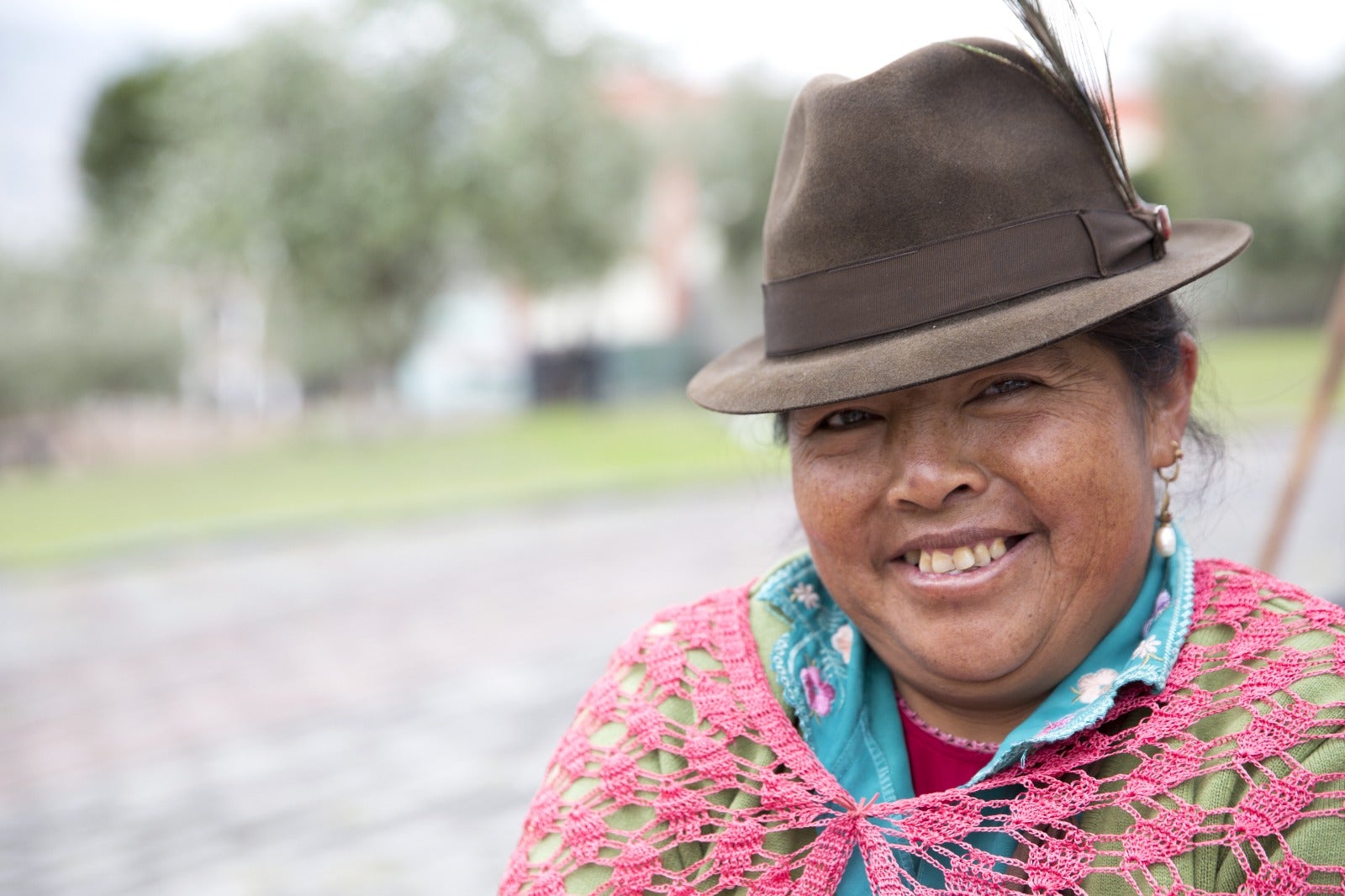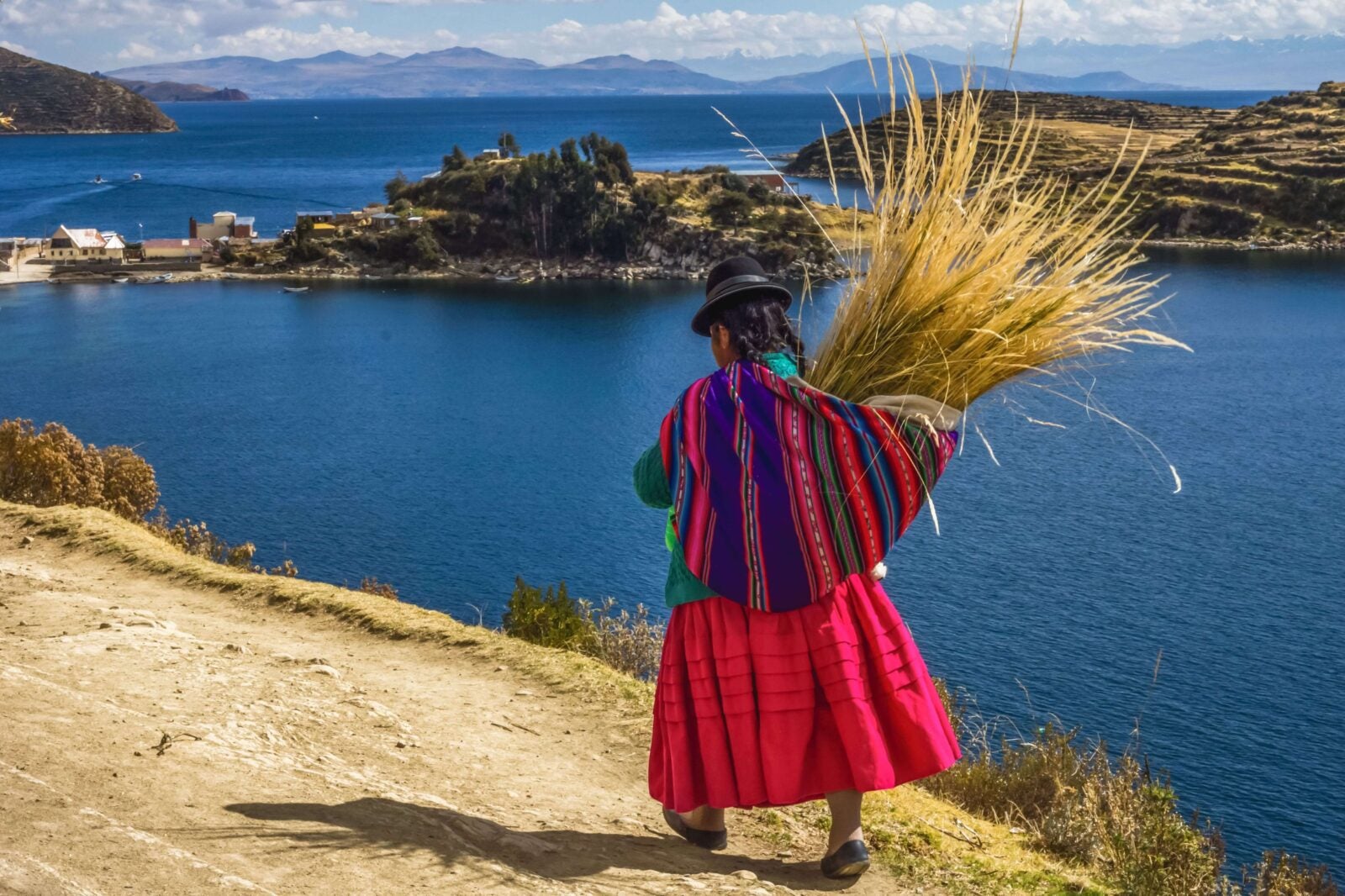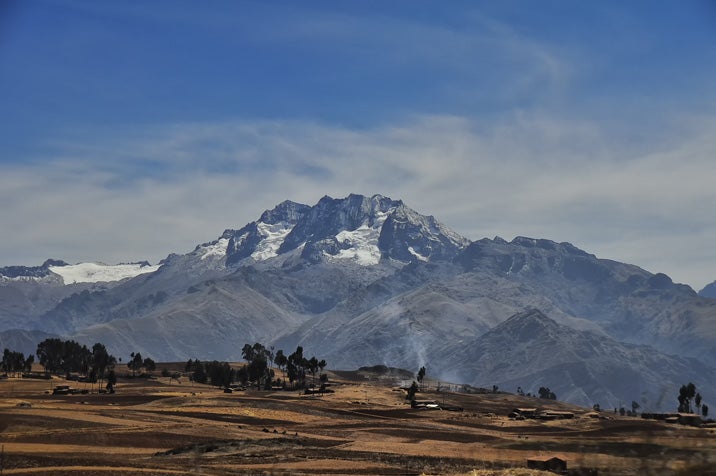"To be Peruvian is to celebrate the greatness of ceviche," Gastón Acurio (Cebiche Power, 2015). In December 2023, UNESCO's Intergovernmental Committee for the Safeguarding of the Intangible Cultural Heritage, meeting in Kasane, Botswana, inscribed the preparation and consumption of Peruvian ceviche[1] in the Representative List of the Intangible Cultural Heritage of … [Read more...] about From Sea to Table: How did Peruvian Ceviche Achieve Recognition as Intangible Cultural Heritage of Humanity?
How Land Tenure Security Empowers Women Farmers and Increases Food Security: The Case of Ecuador
Smallholder farmers in developing countries around the world face numerous barriers to increasing their agricultural productivity and escaping the cycle of poverty and food insecurity. In Latin America and the Caribbean, 247.8 million people or 37.4% of the population are food insecure, which means that people are in a situation where they do not always have physical or … [Read more...] about How Land Tenure Security Empowers Women Farmers and Increases Food Security: The Case of Ecuador
Land and empowerment: The importance of female land ownership for food security
In rural areas of Latin America and the Caribbean (LAC), agriculture remains the most important source of income. In the region, 54.6 % of the rural labor force engages in agricultural production and reaches more than 80 % in Andean countries such as Bolivia or Peru. The majority of this group are smallholder farmers, who are also the most likely to face poverty and food … [Read more...] about Land and empowerment: The importance of female land ownership for food security
Conservation vs. growth? An evaluation in Peru shows that economic growth and environmental sustainability can go hand in hand
In Latin America, natural resource extraction and economic growth are inextricably linked. However, the exploitation of precious metals and hydrocarbon can also cause devastating environmental damage. A new evaluation of Peru’s largest energy project highlights the important role that environmental safeguards play in mitigating some of the ecological risks while still promoting … [Read more...] about Conservation vs. growth? An evaluation in Peru shows that economic growth and environmental sustainability can go hand in hand




